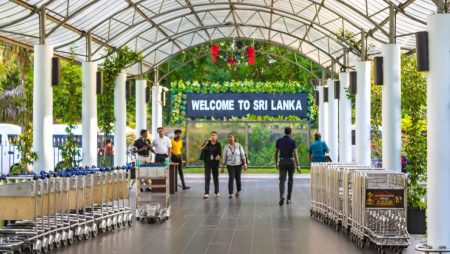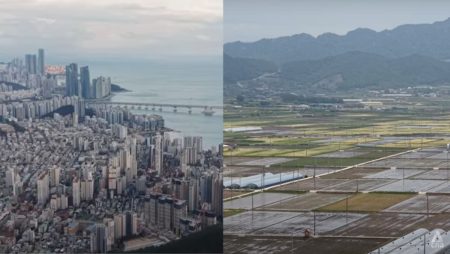Malaysia’s economic performance in the recent period has been marked by a blend of resilience and growth, navigating global economic headwinds with relative success. The nation achieved stability in key domestic indicators while simultaneously attracting record levels of foreign investment. Positive trends in GDP growth, inflation management, and job creation signal a robust recovery, even as the global economic landscape faces uncertainty and decline. This resilience can be partly attributed to significant investments pouring into future-oriented sectors such as artificial intelligence, semiconductors, and data centers, a trend projected to continue into 2025. This influx of capital positions Malaysia for sustained technological advancement and economic expansion in the coming years.
However, looming on the horizon is the politically sensitive issue of petrol subsidy rationalization, a reform promised in the Budget 2025 and slated for implementation by mid-2025. This reform represents a crucial test for the government, carrying significant implications for the nation’s economic future. The challenge lies in balancing fiscal responsibility with public sentiment, especially in a country like Malaysia where subsidized petrol has long been a staple of economic life. The success or failure of this reform will be a key indicator of the government’s commitment to long-term economic stability and its ability to navigate complex political terrain.
The significance of the petrol subsidy rationalization is multifaceted. Firstly, in a nation accustomed to subsidized fuel, particularly an oil-producing nation like Malaysia, this reform carries a heavy emotional weight for the public. Any changes to this deeply ingrained system are likely to generate strong reactions. Secondly, the success of this reform will serve as a litmus test for the government’s resolve in tackling difficult structural reforms. Previous administrations have attempted similar reforms, only to retreat in the face of public pressure. Finally, this reform represents a critical window of opportunity for the unity government to enact difficult but necessary changes before the political pressures of the upcoming election cycle begin to dominate the agenda. The next two years will be crucial in solidifying the government’s economic legacy.
While the Anwar administration has successfully implemented subsidy reductions in other areas, such as diesel, electricity, and certain food items, the political and economic ramifications of petrol subsidy rationalization present a unique and formidable challenge. The government has attempted to mitigate the impact by targeting the reforms at the top 15% of income earners, hoping to minimize the burden on lower and middle-income households. However, the overall economic consequences remain uncertain. Successfully navigating this complex reform would be a significant achievement for the current administration, marking a milestone that previous governments have failed to achieve.
Furthermore, the evolving geopolitical landscape, particularly the potential resurgence of a US-China trade war under a hypothetical “Trump 2.0” scenario, presents additional challenges for Malaysia’s trade-dependent economy. The impact on Malaysia will hinge on the depth and breadth of any potential trade tariffs. If tariffs increase by at least 10%, Malaysia could benefit from a “reshoring” effect, similar to what was observed in 2024. Companies seeking to avoid the fallout of trade disputes might relocate their operations to geopolitically neutral and strategically located countries like Malaysia, further boosting investment and economic growth.
However, if the scope of tariffs broadens to encompass a wider range of products, including those crucial to Malaysia’s economy, such as semiconductor equipment and solar panels, the net benefit could be significantly diminished. Malaysia’s strategic positioning in the global supply chain makes it vulnerable to disruptions caused by trade wars. Therefore, the specific nature and extent of any future trade disputes will be crucial in determining their impact on Malaysia’s economic prospects. Navigating this complex geopolitical environment will require careful planning and strategic decision-making to mitigate potential negative consequences and capitalize on any emerging opportunities. Malaysia’s ability to adapt and respond to these external pressures will be essential for maintaining economic stability and continued growth in the face of global uncertainty.










